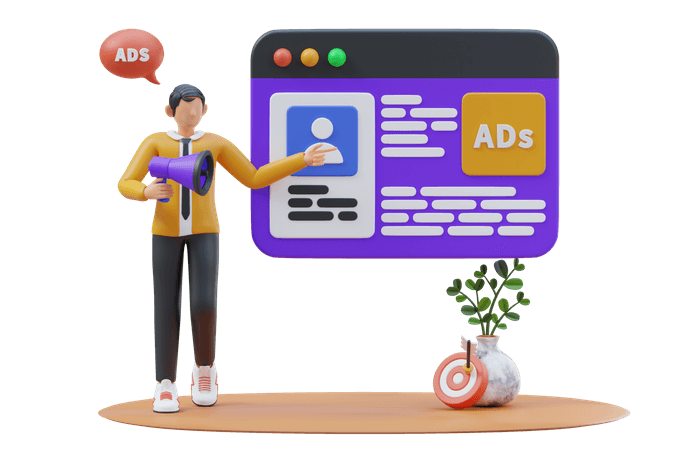
Digital Marketing Service
Do in-depth analysis to represent the brand and products and services in a clear way by focus on features of the product. Digital marketing is a broad term that encompasses all marketing efforts that use electronic devices or the internet. It involves leveraging digital channels, platforms, and technologies to connect with current and prospective customers. The goal of digital marketing is to promote brands, products, or services and build brand awareness, engage with the target audience, and drive desired actions or conversions.
Let's Connect